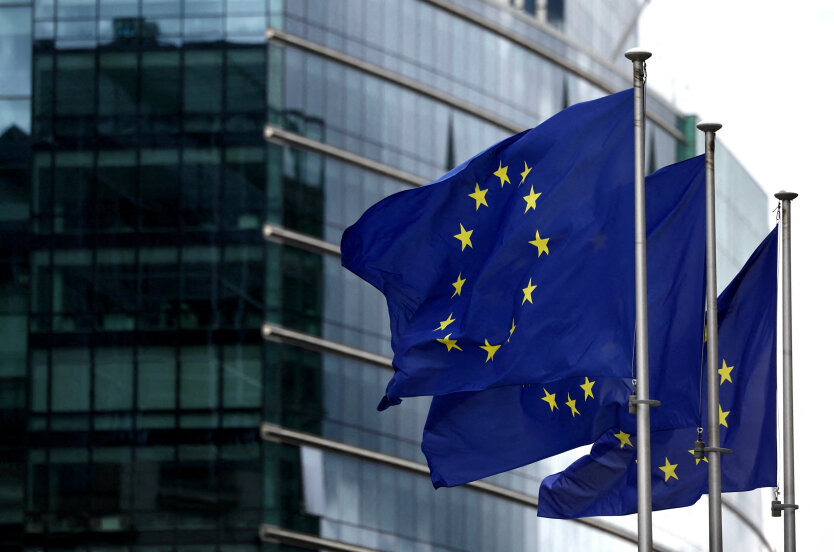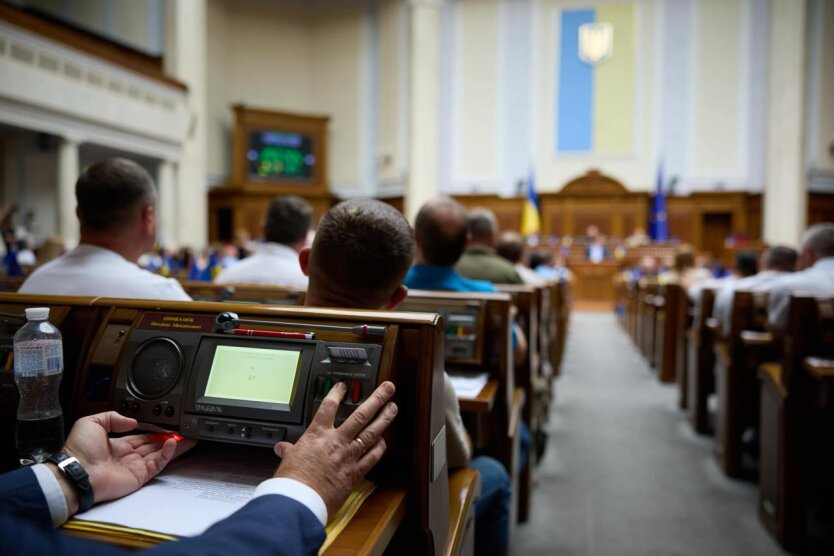Denmark invests $600 million in protection against Russian maritime threats.


Denmark plans to spend over 4 billion kroner on the construction and purchase of 26 naval vessels. They will be used for patrolling, responding to oil spills, and monitoring underwater cables. This was reported by Defense Minister Troels Lund Poulsen.
Following incidents involving power cables, telecommunications networks, and pipelines that occurred after Russia's invasion of Ukraine in 2022, countries bordering the Baltic Sea have increased their readiness. In particular, they have identified the problem of the 'shadow fleet' - vessels that Russia uses to bypass sanctions in transporting oil, weapons, and grain.
'The threats we face at sea have become different and much more serious than a few years ago. We need to respond to the threats posed by Russia, as well as to rapid technological advancements,' noted Poulsen.
The minister also added that they are initiating several urgent purchases. This is the first step towards ensuring Denmark's maritime defense against a wide range of threats.
Denmark has allocated 190 billion kroner for military needs over the next 10 years after reducing defense spending.
Denmark's main task is to protect underwater cables and pipelines for the production and transportation of energy, as well as to enhance security in the maritime environment.
In addition to vessels, Denmark will acquire drones and sonar systems to detect and monitor unwanted underwater activity.
Many of these vessels are planned to be built in Denmark with the participation of NATO allies.
Read also
- The EU Council officially accuses Russia for the first time of using chemical weapons in Ukraine
- Legal Lifehack: How to Accelerate the Receipt of Child Support Through the Court
- The Committee of the Council supported the agreement on subsoil with important clarifications
- Driver's Trap: Alcohol in a Parked Car Will Result in Huge Fines
- It will become harder for drivers to obtain a license: what has changed
- Oil prices rise, eggs become cheaper: in May some supermarkets revised their prices










